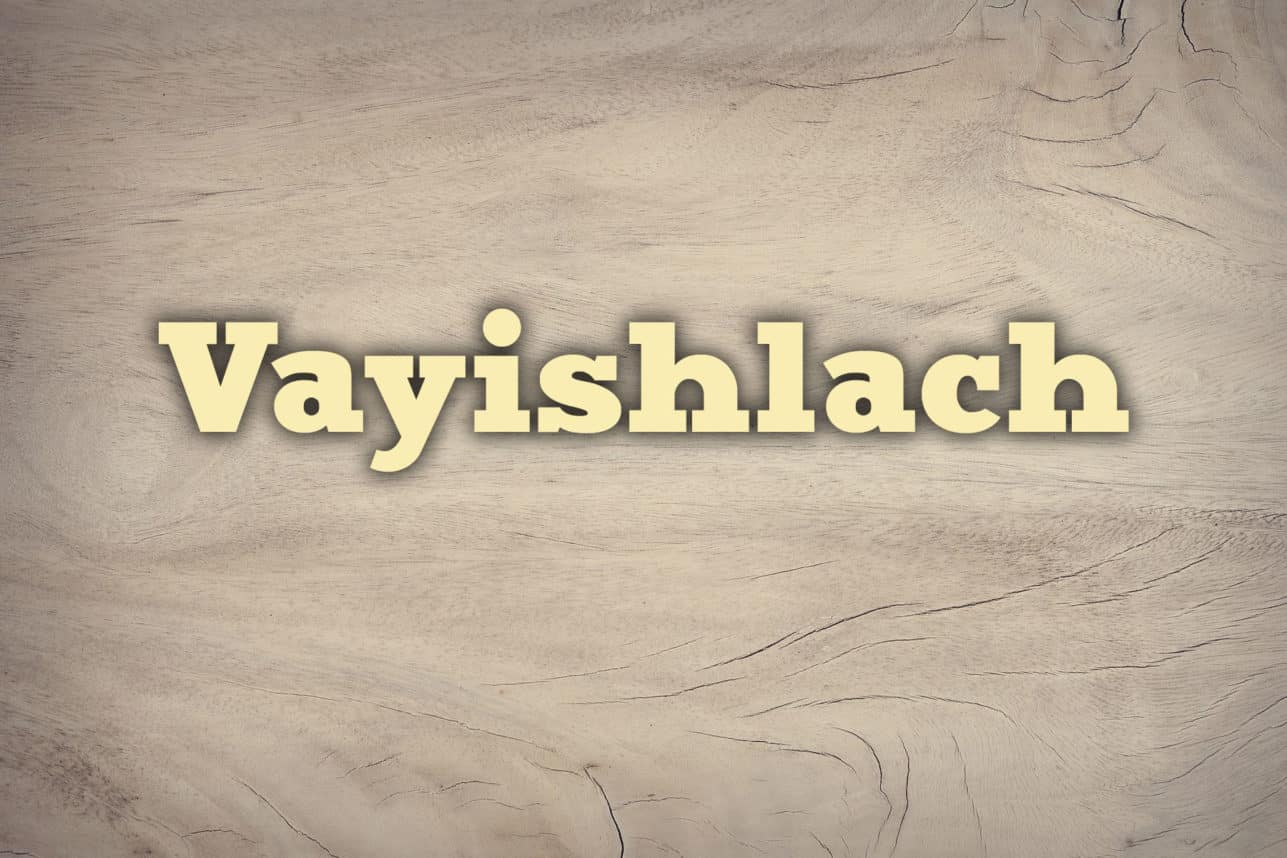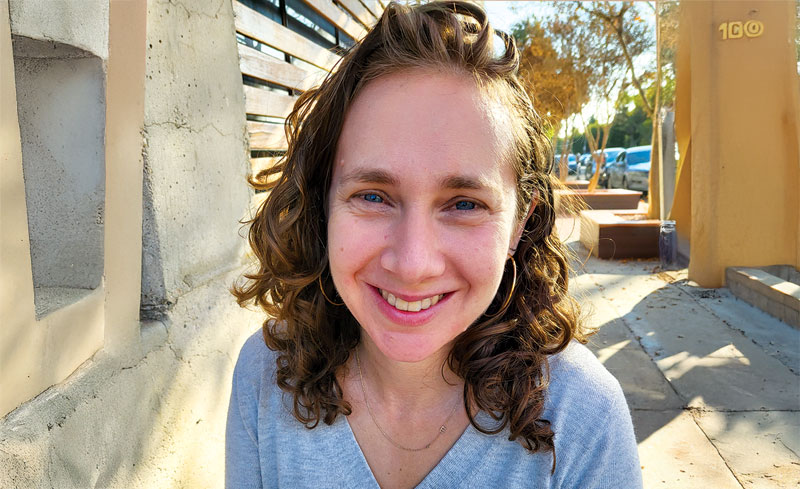The ink is barely dry on the latest Pew report on declining Jewish affiliation and concerned community leaders are quickly weighing in on what to do to attract the unaffiliated back under the tent. Notwithstanding all the good ideas, something, from my experience, is missing from the conversation.
Ten years ago, I was one of the unaffiliated, the consummate once-a-year Jew, with little connection to our tradition. Now I’m in shul every Shabbat morning — enjoying it, appreciating it and looking forward to it each week.
What happened? How did I find my way back? It was not so simple.
I knew I was Jewish, but I didn’t want to be too Jewish. I was secular. Religiosity, whatever that was, was for the Orthodox, whoever they were. God was an interesting concept to talk about in college, but I certainly wasn’t going to believe in Him, whoever He was.
And while I knew that we Jews have had notable success in the world, I also figured that we’re a provincial bunch — a small community with an ancient religion, an obscure language, an old text filled with anachronistic stories, with religious men with long beards in black coats and black hats — amidst a big world of non-Jews.
Then, several years ago, things began to change. At the recommendation of friends, my wife and I visited Ohr HaTorah, and we decided to join. The temple has one requirement for parents with kids in religious school. We needed to attend Shabbat services every Saturday morning. Were they joking? That was my day to be out and about having fun. But, off to temple I went, every Saturday morning, reacquainting myself with Judaism — pretty strange stuff for a secular Jew.
I kept showing up and I kept learning. Over time, unexpectedly, I came to realize something. My entire view of Judaism was totally inaccurate. Throughout my life, I had been inundated with many pervasive secular ideas – secular myths actually — that held me back from any serious interest in the Jewish tradition. Overcoming these secular myths has been, for me, quite a journey.
What are these secular myths? First, I had thought that, to be Jewish in any meaningful way, one had to believe in some archaic theology with God perched high up in the sky overseeing everything. After all, the Hebrew prayers are subsumed with God’s name in all His glory – “Lord our God, King of the Universe.”
In thinking about God, however, I’ve found that it’s helpful to begin not with theology but rather with the soul. Do we not have souls? Do our souls not experience a common transcendent reality? Do our souls not yearn for universal and enduring values like love and goodness, and truth and justice? Are these values not divine in some sense?
The introduction to one of the Bibles that I study is entitled “Textbook of the Soul.” I now recognize that there is a window into Judaism and into the idea of God that does not require the indoctrination of specific theological propositions.
Second, I had thought that traditional Judaism, like any religion, is inevitably dogmatic – incompatible with the modern era, with the free exchange of ideas, with the pursuit of knowledge, scientific and otherwise.
But I’ve learned that the Jewish tradition is anything but dogmatic. It is grounded in the free inquiry of ideas, in the constant yearning and struggle for what’s true — no more exemplified than the ancient rabbis’ discussions and disagreements recorded in voluminous detail in the Talmud. The Shabbat service implores us to seek truth. As is said in the morning prayers, “One should always … acknowledge the truth, and be truthful in one’s innermost thoughts.” Judaism as dogmatic? How wrong I was!
Third, I had thought that Judaism, like other religions, inevitably gravitates toward theocratic government. After all, history is replete with theocracies run by religious leaders.
However, I’ve now learned that religiosity does not necessitate a theocratic perspective. Actually, modern conceptions of republican forms of government can be traced back to the Jewish religion, as Harvard University professor Eric Nelson writes in his book The Hebrew Republic: Jewish Sources and the Transformation of European Political Thought.
In the late 17th century, John Milton opposed theocracies, as well as monarchies, based in large part on his readings of Jewish texts, and he became one of the leading supporters of republican forms of government. One hundred years later, in arguing for republican government in the United States, Thomas Paine, not exactly the most religious figure, referenced the same Jewish sources in his 1776 pamphlet Common Sense. It’s not surprising that Michael Novak’s book On Two Wings: Humble Faith and Common Sense at the American Founding begins with a chapter entitled “Jewish Metaphysics at the Founding.” No theocracy here.
Fourth, I was under the impression that the Bible was not to be taken seriously. After all, I presumed that it’s an obscure text filled with ancient stories, absurd commandments, a wrathful God, verses of brutality — all based on someone’s strange interpretation of what they thought was the word of God thousands of years ago.
I’ve now learned that Biblical stories are anything but anachronistic. They are about the human condition – about slavery and freedom, exile and redemption, justice and injustice, morality and immorality, good and evil, life and death. The concept of equality – equal justice under the law — comes from the Bible, as Joshua Berman explains in Created Equal: How the Bible Broke with Ancient Political Thought. Not take the Bible seriously? Its stories and interpretations continue to provide invaluable moral insight and wisdom.
Fifth, I had thought that a religion that’s based in part on revelation — the revealed word of God at Mount Sinai – was in conflict with reason. Isn’t any such revelation just theological speculation?
I’ve since learned that revelation does not obviate the need for reason, nor does reason negate the possibility of transcendent experiences. Revealed truths need not entail fantastical ideas. On the contrary, they can reflect something enduring and endemic in the human condition.
Yoram Hazony, in his seminal book The Philosophy of Hebrew Scripture, goes even further in arguing that the distinction between reason and revelation is actually alien to the Hebrew Scriptures. While the Greeks conceived of revelation as an “inpouring” from another realm, Hebrew Scripture defines knowledge and truth in terms of only one realm, implying that there’s been a false dichotomy between reason and revelation. I now realize that the Jewish religion is anything but unreasonable.
Sixth, I had thought that I could not be both assimilated and Jewish. I certainly was not about to don Chasidic garb. But more than that, I was not even comfortable with a religious identity that’s uniquely Jewish. How parochial! How exclusivist!
I now understand that the concept of total assimilation within the context of a free society is unrealistic. We inevitably live within communities — from the family on out. Moreover, the idea of total assimilation is untenable. Free and open societies are premised on differences – differences in identity, culture, ethnicity, race, religion. The title of Natan Sharansky’s important book on the subject says it all — Defending Identity: Its Indispensable Role in Protecting Democracy.
So, for most of my life, I had been living under a myth — actually several secular myths – which kept me away from Judaism. Overcoming these myths is what it took for me to find my way back under the tent. This is what it may take for many of the unaffiliated today to reconnect with our community and our tradition.






















 More news and opinions than at a Shabbat dinner, right in your inbox.
More news and opinions than at a Shabbat dinner, right in your inbox.